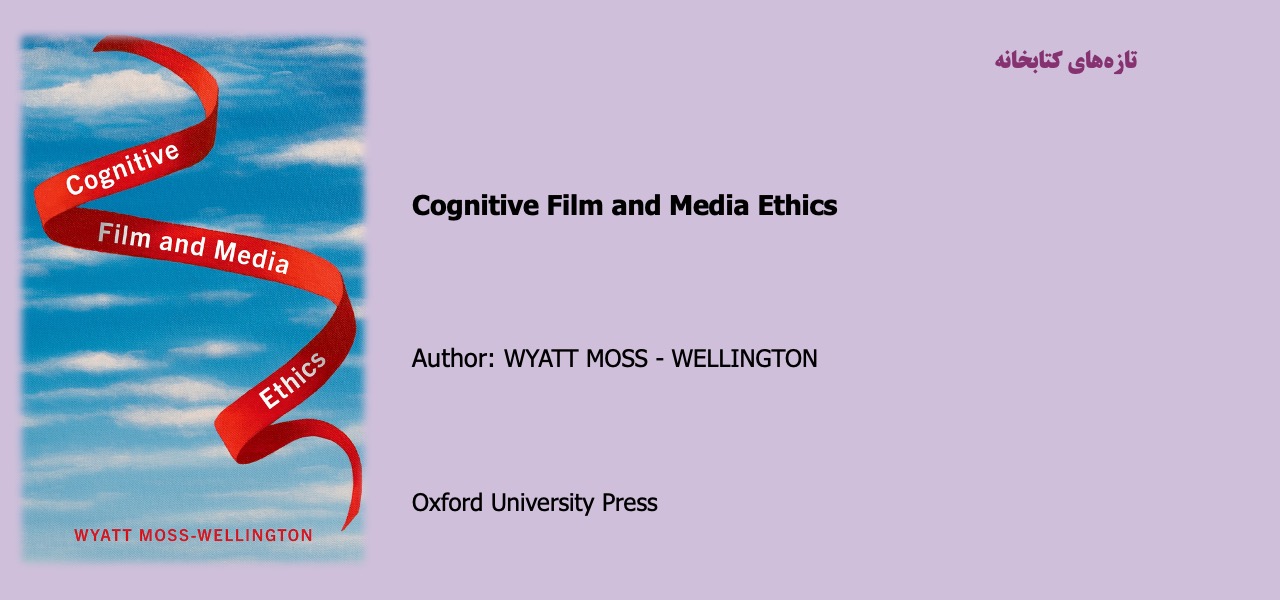Cognitive Film and Media Ethics

Cognitive film and media theories have traditionally pursued descriptive rather than prescriptive goals: they tell us what our responses to screen media are rather than what they could be. Ethicists working in the cognitive tradition, such as Carl Plantinga, Murray Smith, Margrethe Bruun Vaage, and Noël Carroll, and phenomenologist- compatibilists, such as Jane Stadler and Robert Sinnerbrink, have effectively described how emotional responses to media’s provocations inform moral judgment.1 That is, cognitive media ethics has been, until now, a metaethical and descriptive rather than a normative enterprise, where metaethics addresses the various means of answering ought questions, and normativity more directly addresses how we ought to behave. This body of literature offers reasonable explanations of moral responsiveness to screen characters with an eye
to psychological and evolutionary perspectives on moral judgment. However, it is not always clear how this information might help us answer deliberative ethical questions arising from such media: how do the cognitive sciences help us evaluate rather than describe the moral content of a story or appraise rather than survey the ethical issues facing current film and media practice and industry?
This book extends current groundwork in cognitive media studies to these more normative goals, and in so doing establishes an applied approach to cognitivist media ethics and its associated hermeneutics. Throughout this volume, I introduce methods by which current developments in the social sciences can be applied to our assessments of media and storytelling arts, including the moral elements of media production and reception. Ultimately, this book reveals how cognitive media studies can help refine our necessary ethical evaluations of films, screen media, news media, social media, and the culture that develops around them. It makes the case that normative ethics can be a scholarly rigor rather than the individualized, doctrinaire moralism the term “normative” might evoke.
مطالب مرتبط

آموزش مقدماتی کارکردهای اجرایی
۱ / خرداد / ۱۴۰۳

دستنامه عصبشناسی زبان آکسفورد
۱ / خرداد / ۱۴۰۳

روشها و ابزارهای نوین در مطالعات زبانی
۱ / خرداد / ۱۴۰۳

